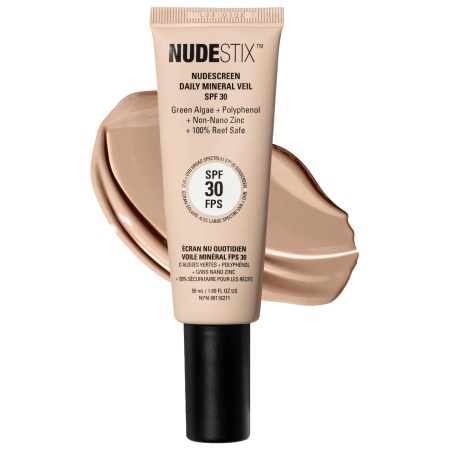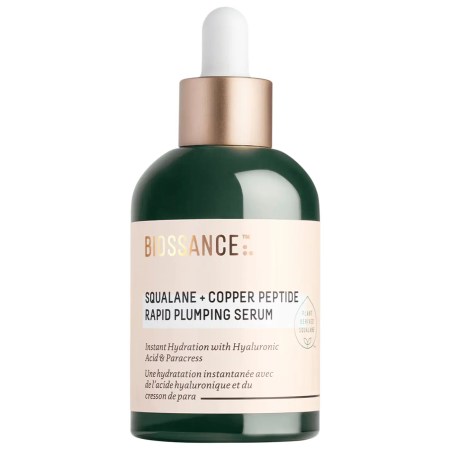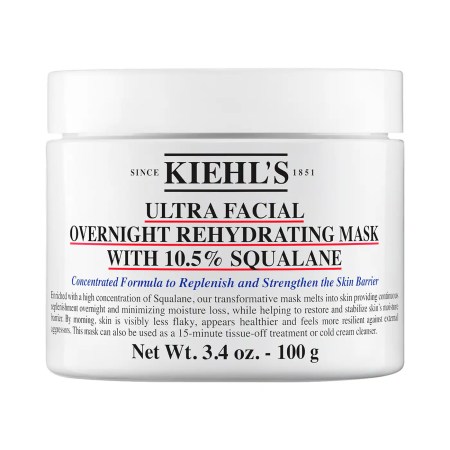The Curator independently decides what topics and products we feature. When you purchase an item through our links, we may earn a commission. Promotions and products are subject to availability and retailer terms.
“From the moment we’re born, our skin begins to age,” explains board-certified dermatologist and owner of Toronto’s Facet Dermatology, Dr. Geeta Yadav. But with the right products and treatments, is it possible to reverse signs of aging? Yadav’s answer: “You can’t ‘turn back the clock’ per se. Put it this way: Turn back the clock on what?”

According to the derm, comparing the skin of a 60-year-old to that of someone in their 20s or 30s is simply unrealistic. Those forehead wrinkles and jowls are just a natural (read: inevitable) part of the aging process. The silver lining? While we may not be able to rewind time, we can certainly slow its effects on our skin.
Be proactive and consistent with your skincare.
It’s never too late to start caring for and protecting your skin. “It’s all about accepting aspects of aging, then optimizing what you can,” says Yadav. By adopting a thoughtful skincare routine and making proactive choices, you can improve your skin’s health and appearance at any stage of life.
“Preventative measures are much easier to manage,” suggests Yadav. Think anti-aging heroes like SPF, retinol and collagen. Incorporating these essentials into your routine early on is ideal, but remember that consistency is key. After all, skincare is a long-term commitment. “It’s not like you can be diligent about moisturizing for a month and then forget about it,” says Yadav. “It’s a continual process.”
The retinol-infused body cleanser

Shield your skin from UV rays.
“If you look at the skin on your bum versus your chest, they’re going to look very different,” notes Yadav. The main culprit? Sun exposure. “You can use all the fancy lotions and potions you want, but sun damage is one of the biggest drivers of mature skin,” she continues.
It’s important to note that no sunscreen is 100 per cent effective. Lifestyle choices should align with your commitment to protecting your skin as you age—that includes precautions like wearing a hat outdoors and avoiding the sun during peak hours.
Even when it feels like your skin has aged beyond repair, shielding it from UV rays will help skin age in a more healthy, resilient way. “I still remind my patients in their seventies about the importance of sun protection. They notice how their skin ages better season to season if they continue to avoid exposure,” says Yadav.
The tinted SPF lotion

Moisturize, moisturize, moisturize!
“Body moisturization is often underrated and undervalued,” says Yadav. As we age, caring for the skin on our entire body becomes even more crucial and increasingly difficult to maintain. In fact, regeneration happens at a better pace when the skin is nourished and hydrated. So, when is the best time to moisturize? At night, when skin is in its most reparative and restorative phase, making it more receptive to rich, hydrating formulas.
“Your extremities—like your arms and legs—need the same level of care as the rest of your body—if not more,” emphasizes Yadav. “The circulatory system isn’t as efficient in those areas because they’re farther from the core.” Supporting these regions with hydrating products that boost collagen and firm the skin is essential, especially since they often experience more dryness, injury and sun exposure—particularly during summer months spent in t-shirts and shorts.
For women, the skin’s quality can change significantly after menopause. The sudden drop in estrogen affects elasticity, hydration and radiance, often resulting in crepey skin—especially in exposed areas like the neck and chest. To counteract these effects, investing in reparative formulas that enhance firmness and elasticity is vital.
The crepe-correcting lotion

More anti-aging skincare
The rapid plumping serum

The ultra-hydrating face mask

The collagen-inducing supplement






Comments
Want to discuss? Please read our Commenting Policy first.